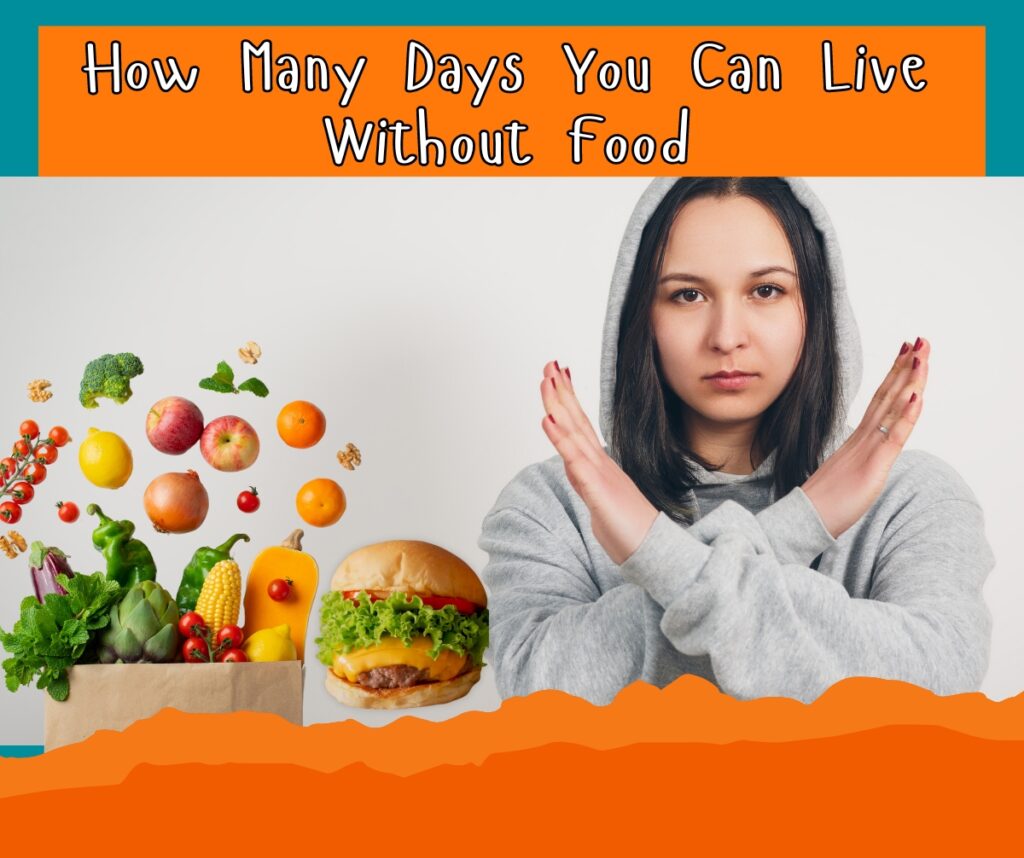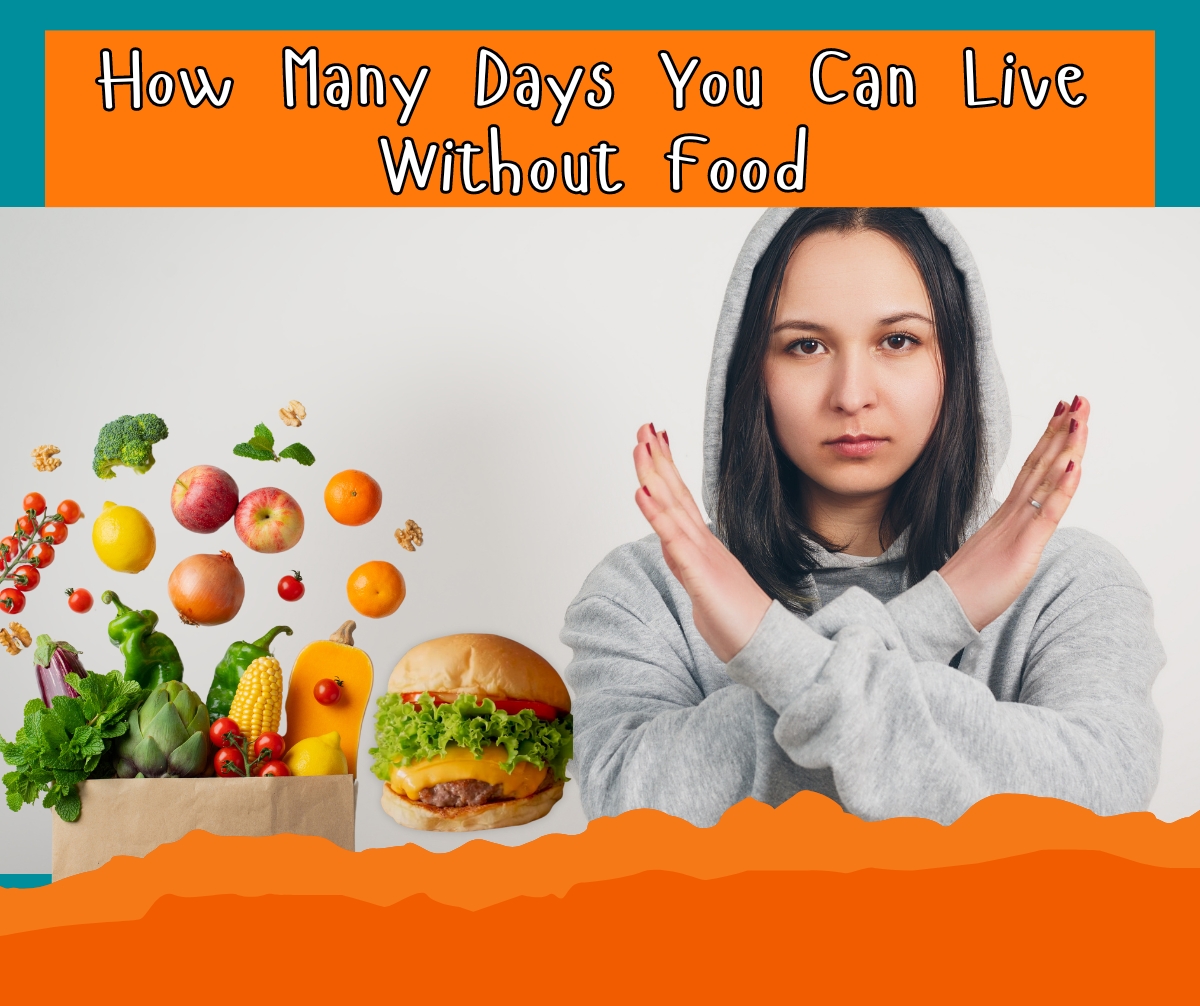Have you ever wondered just how long you can go without a bite to eat? It’s a thought that might have crossed your mind during a long meeting or a missed lunch.

But really, when push comes to shove, how many days can your body hold out without food? This isn’t just a curiosity – it’s a testament to human resilience and the incredible survival capabilities we possess.
How long can the body survive without food?
When it comes to survival, our bodies are nothing short of miraculous. They can adapt, endure, and thrive under conditions we’d typically consider impossible.
The key to understanding our survival limits, especially when it comes to fasting, lies in the body’s ability to switch energy sources – from the food we eat to the reserves we carry in the form of fat.
But let’s cut to the chase: on average, a person can survive without food for about 45 to 61 days, given they’re properly hydrated. Water, it turns out, is the real MVP in our survival story, with the human body lasting only about 3 to 5 days without it.
The Role of Hydration
Staying hydrated is crucial, not just for day-to-day function but as a cornerstone of survival. Water aids in digestion helps regulate body temperature, and plays a key role in maintaining cellular function. Without it, even the best-stocked energy reserves won’t keep you going for long.

The Body’s Adaptation to Fasting
Our bodies are equipped with a survival switch that flips when food is scarce. Initially, the body burns through glucose stored in the liver.
When that’s depleted, it turns to fat reserves for energy – a process known as ketosis. This switch not only sustains basic bodily functions but also conserves the protein in our muscles, essentially saving them for a rainy day.
The journey through extended periods without food is as much a mental challenge as it is a physical one. The first few days are marked by hunger pangs and cravings.
But as ketosis sets in, these sensations often subside, making the fast more bearable. The real test, however, is the mental resilience required to push through the discomfort and trust in the body’s innate survival mechanisms.
It’s important to note that survival times can vary widely from person to person, influenced by factors like fat reserves, hydration levels, environmental conditions, and overall health. There’s no one-size-fits-all answer, but the body’s capacity for adaptation is a constant we can all count on.
The ability to survive without food is a remarkable feat of human endurance and adaptability. It’s a reminder of the body’s innate wisdom and the incredible lengths it will go to preserve life.

Have you ever felt that rumble in your tummy, hours before lunchtime, and wondered how you’ll make it to your next meal? Well, you’re not alone.
But here’s an incredible fact to ponder during those hunger pangs: your body is an amazing survival machine, with stories of endurance waiting to be told.
It’s not just about making it through a long morning; it’s about understanding the remarkable capabilities we all possess.
Humans have an astonishing ability to survive without food for extended periods, a testament to our resilience and adaptability. This isn’t just about pushing the limits; it’s about discovering the incredible strength that lies within each of us.
Through understanding our body’s survival tactics, we gain insight into the depth of human toughness and the amazing ways our bodies adapt to challenges.
So, the next time your stomach growls and lunch seems like a distant dream, take a moment to appreciate the extraordinary survival narratives your body is capable of.
It’s a journey that not only tests the extremes of human endurance but also highlights our incredible capacity to overcome adversity.



